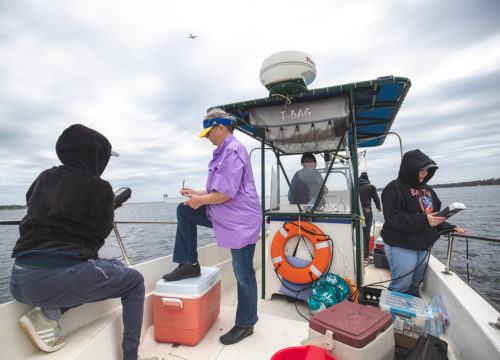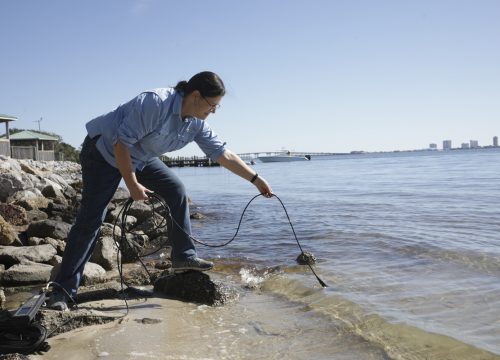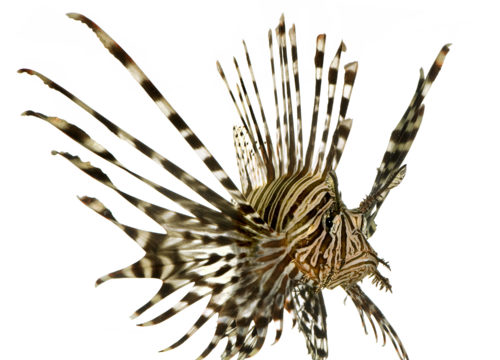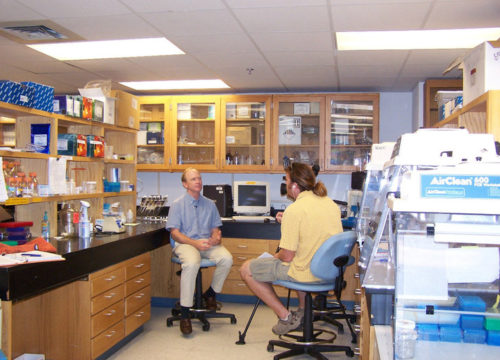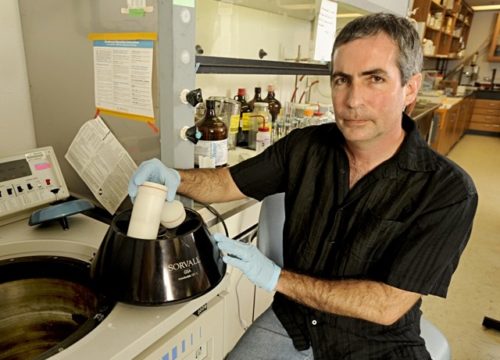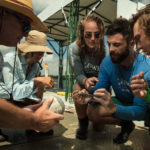UWF, Escambia County partner to test local waters for Vibrio bacteria
University of West Florida researchers are working with the Escambia County Natural Resources Management Department to test local waters for the presence and abundance of various Vibrio species, including those associated with the “flesh-eating” disease necrotizing fasciitis. Dr. Lisa Waidner, assistant professor, Dr. Jane Caffrey, professor, and Dr. Wade Jeffrey, professor, are heading up a […]

